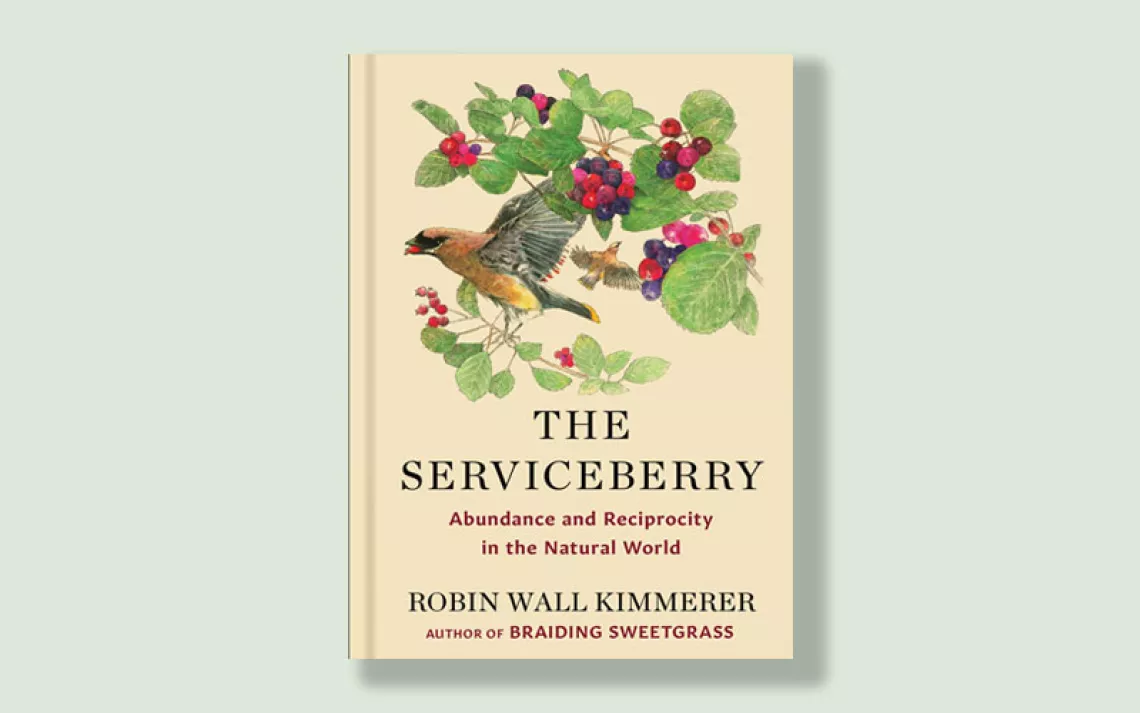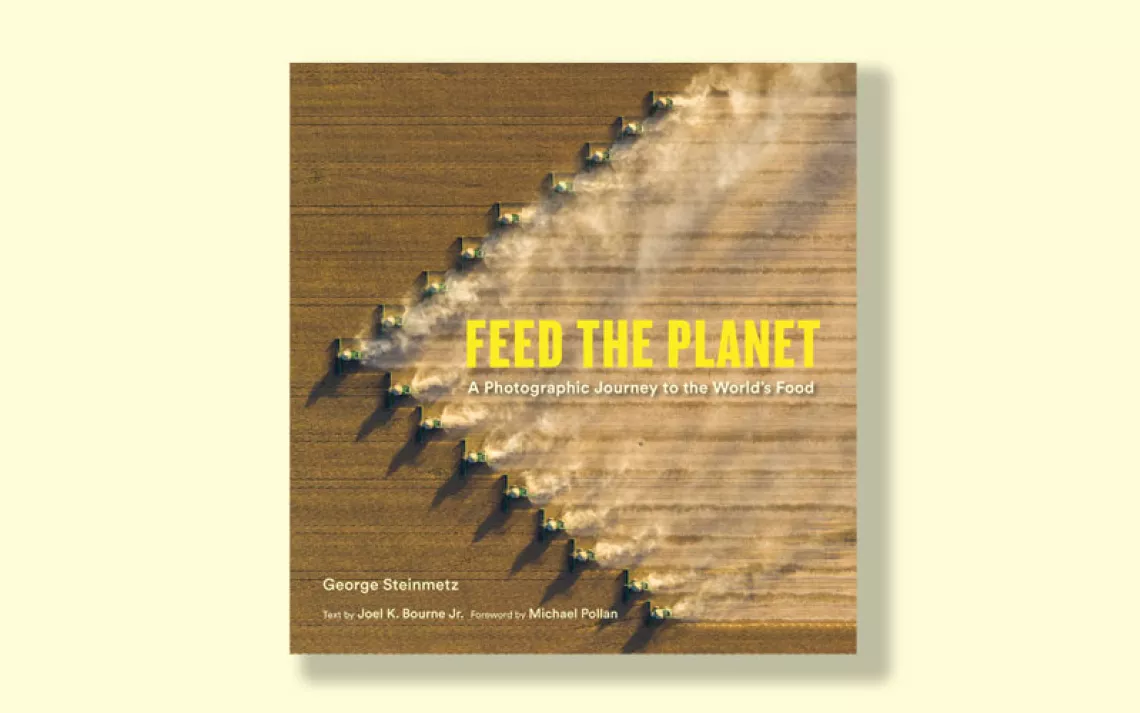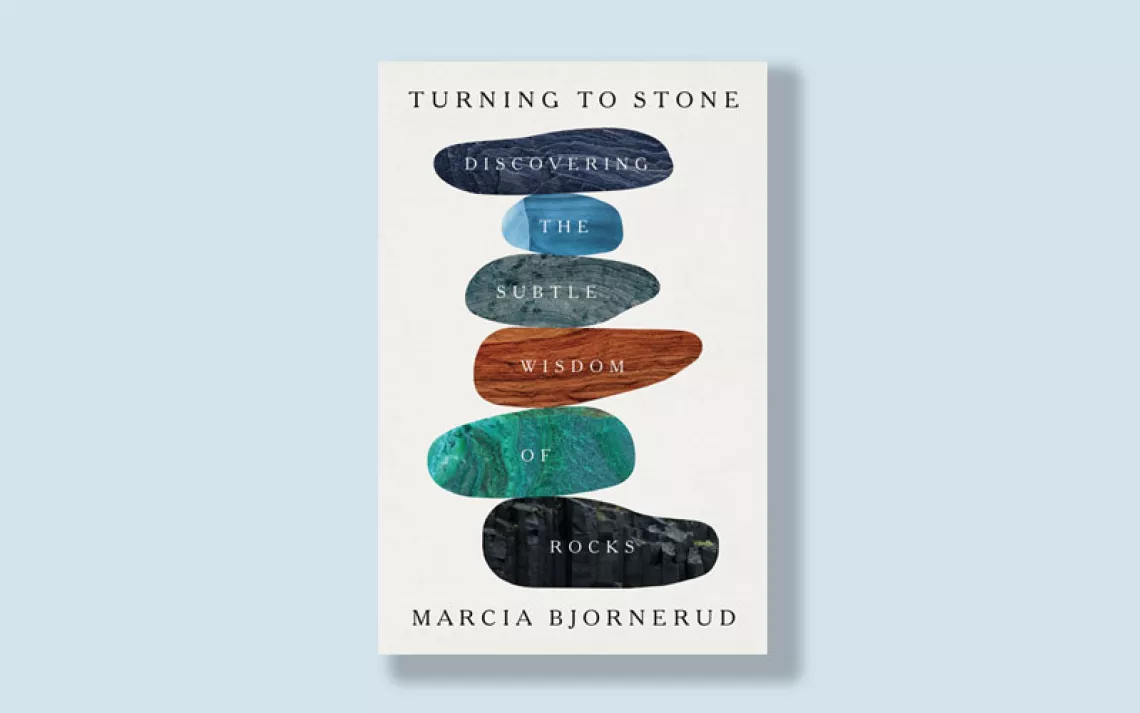Inside the Koch Brothers' Empire
"Dark Money" delves into the shadows where America's billionaire brothers scheme to remake our democracy in their own image

Despite leading an unprecedented multidecade, multi-billion-dollar campaign to remake American democracy in their own images, Charles and David Koch have largely stayed in the shadows. New Yorker staff writer Jane Mayer's Dark Money (Doubleday, 2016) puts them in the spotlight.
The Kochs' combined fortune, derived from an empire of coal, oil, paper, and other industrial enterprises, is estimated at more than $100 billion, making the brothers the fifth- and sixth-richest people in the world. Since the late 1970s, they have engineered a vast network of think tanks, university departments, and nonprofit organizations that has become, as Mayer details, "in effect their own private political party."

Sign up to receive Sierra News & Views
Get articles like this one sent directly to your inbox weekly.
With this action you affirm you want to receive Sierra Club communications and may vote on policy designated by the Sierra Club Board.
Dark Money is a triumph of investigative journalism, drawing on decades of public and private documents and interviews with sources deep within the Koch network. (The brothers, however, stayed mum.) The narrative is gripping, winding from World War II (during which the Kochs' father helped the Nazis construct an oil refinery) through the ascendancy of corporate-sponsored libertarianism in the Reagan years to the brothers' failed attempt to derail President Barack Obama's 2012 reelection.
The environment is a recurrent victim. Koch Industries is one of the country's biggest polluters, and the Kochs' greater network plays a leading role in the calamitous campaign to sow doubt about climate change science and to block government policies limiting greenhouse gas emissions.
The Kochs are still going strong: Their war chest for the 2016 presidential election is projected at nearly $900 million. Dark Money makes clear what the progressive agenda—on climate change, health care, the minimum wage—is really up against.
 The Magazine of The Sierra Club
The Magazine of The Sierra Club



